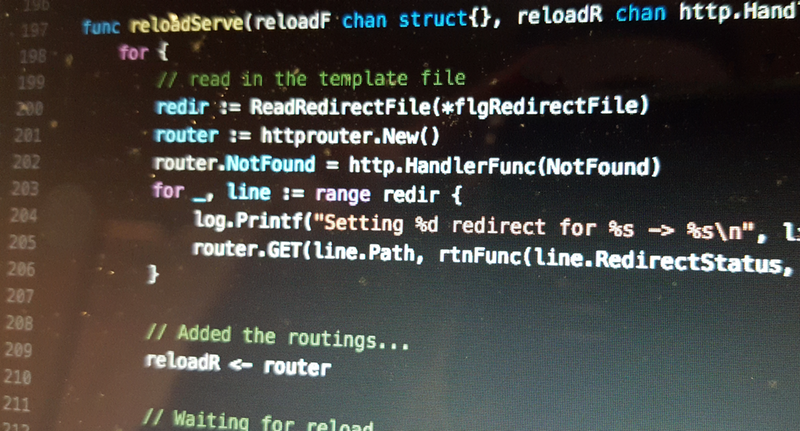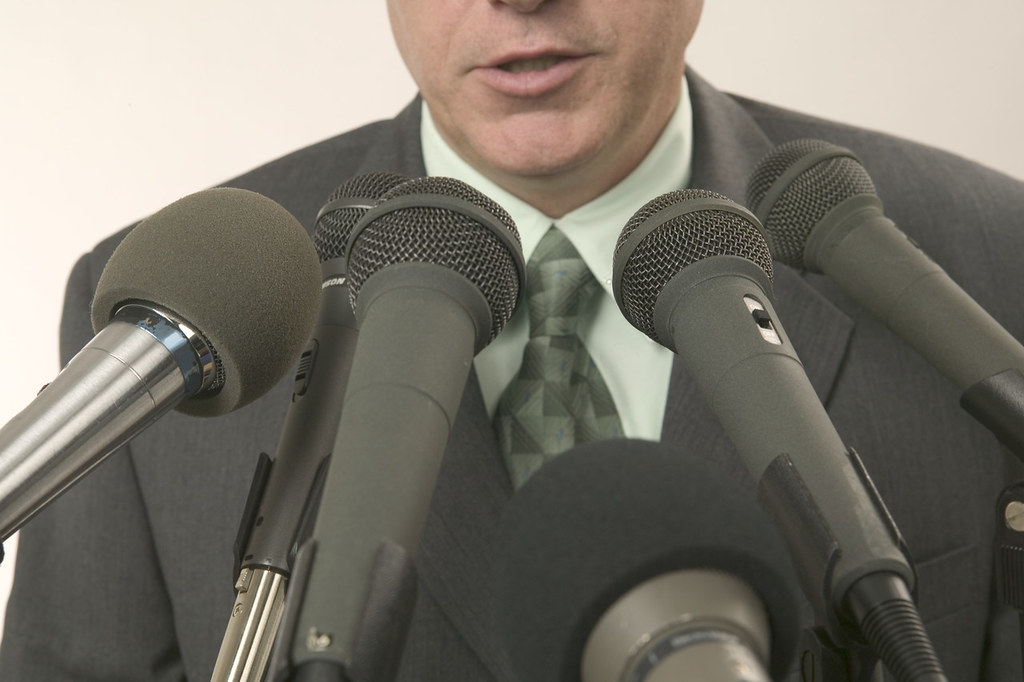5 Speaker Micing Solutions
Conferences, meetings and workshops come in all shapes and sizes, used for diverse topics and many purposes. They all require the same thing, a good microphone; however,note that good depends on the situation. One must consider the size of the venue, the amount of attendees and type of presentation. Worry not, every situation will have its ideal microphone. 1. Meeting Room The meeting room, it can seat up to 30 people with one or more large tables.










